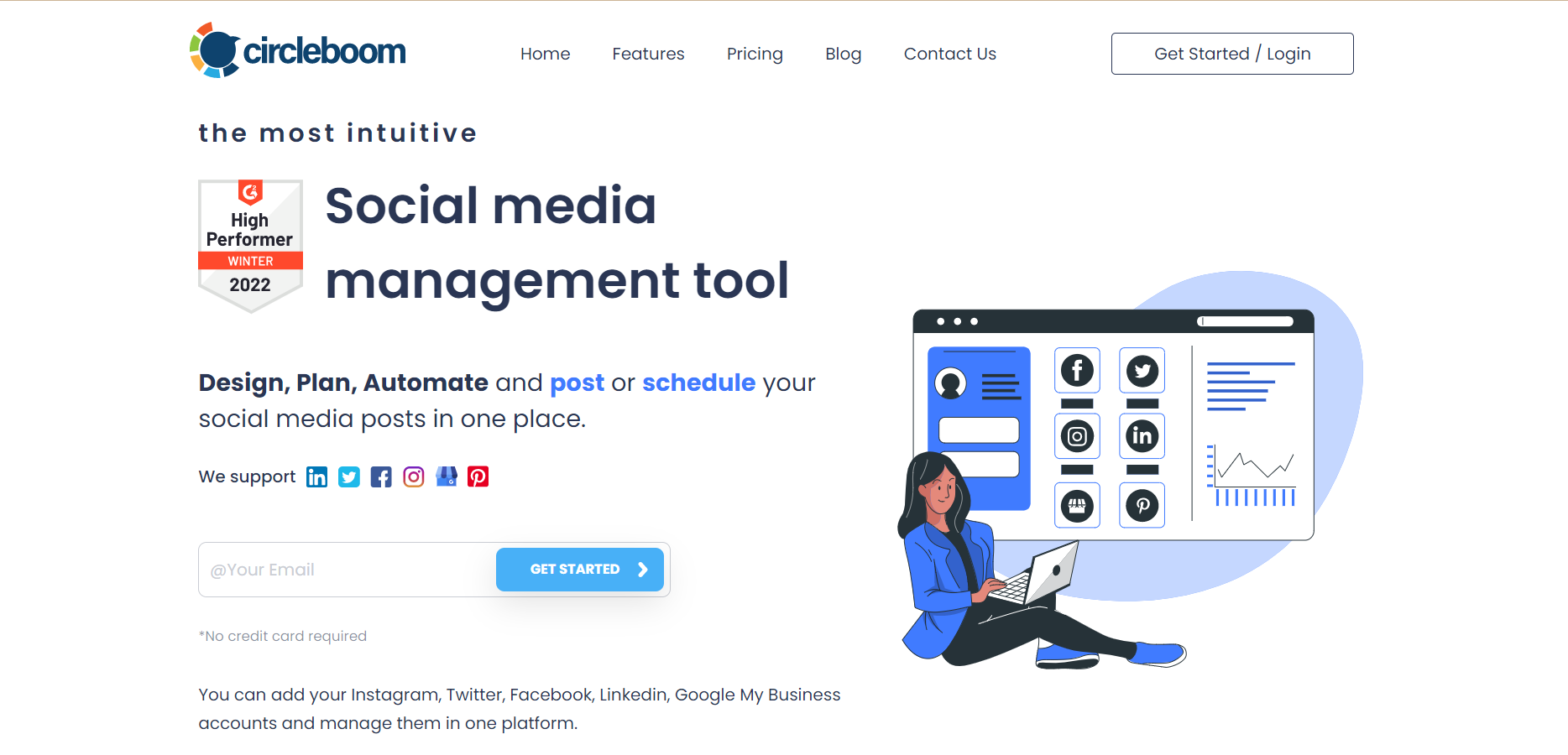The role of social media in e-commerce is undeniable. With billions of users across platforms like Facebook, Instagram, and Twitter, social media offers a vast audience for businesses to tap into. By leveraging the power of social media, businesses can drive sales and reach new customers in ways that were previously unimaginable.
One of the key advantages of social media for e-commerce is the ability to reach a targeted audience. With the use of hashtags, influencer marketing, and paid advertising, businesses can get their products in front of the right people at the right time. This can be especially useful for smaller businesses with limited marketing budgets, as social media allows them to compete with larger companies on a more level playing field.
Another advantage of social media for e-commerce is the ability to build a community around your brand. By engaging with your followers and responding to comments and reviews, you can create a sense of loyalty and trust among your customers. This can lead to increased sales as well as customer retention, as people are more likely to purchase from brands they feel connected to.
How to use social media for e-commerce
So, how can businesses effectively use social media to drive sales and grow their e-commerce operations? Here are a few tips:
Use visually appealing content to showcase your products
High-quality photos and videos are essential for attracting potential customers on social media. Use tools like Circleboom Publish to schedule and automate your posts, ensuring a consistent stream of engaging content.
Circleboom Publish - Social Media Scheduler
Circleboom supports Twitter, Facebook, Instagram, Pinterest, LinkedIn, and Google My Business.
Leverage influencer marketing to reach a larger audience
Partnering with influencers who align with your brand can help you reach a new audience and increase your visibility. Influencer marketing is a form of marketing in which businesses partner with individuals with a strong online presence and influence over a specific target audience. These individuals, known as influencers, use their platforms (such as social media accounts, blogs, or YouTube channels) to promote products or services to their followers.
Influencer marketing can be an effective way for businesses to reach a larger audience and increase brand visibility. By partnering with influencers who align with their brand values and message, businesses can tap into the trust and credibility that these individuals have built with their followers. This can lead to increased sales and customer acquisition.
There are a few key considerations to keep in mind when implementing an influencer marketing campaign:
- Identify the right influencers for your brand: It's important to choose influencers who align with your brand values and message and those who have a significant following in your target market.
- Clearly define the terms of the partnership: Make sure that you have a clear understanding of the expectations and deliverables for the influencer partnership. This can include the type of content to be created, the duration of the partnership, and any compensation or perks offered.
Overall, influencer marketing can be a valuable addition to any e-commerce marketing strategy. By partnering with the right influencers, you can effectively reach a larger audience and drive sales for your business. Additionally, incorporating influencer marketing into your strategy can enhance your eCommerce conversion funnel by guiding potential customers smoothly from awareness to purchase.
Utilize paid advertising to reach specific demographics.
Paid advertising on social media platforms like Facebook, Instagram, and Twitter allows businesses to reach specific demographics and target their ads to specific age ranges, locations, and interests. This can be an effective way to reach new customers and increase brand visibility.
One of the key benefits of paid advertising on social media is the ability to track and measure the performance of your campaigns. Most platforms offer detailed analytics and tracking tools that allow you to see how many people have seen your ad, how many have clicked on it, and how many have converted into customers. This can help you identify what's working and what's not and optimize your campaigns for maximum ROI.
To effectively utilize paid advertising on social media, it's important to:
- Identify your target audience: Use the targeting options offered by the social media platform to reach the specific age range, location, and interests of your desired audience.
- Create compelling ad copy and visuals: Use strong headlines, clear calls to action, and visually appealing images to grab the attention of your target audience.
- Set a budget and track your performance: Determine how much you are willing to spend on your campaign and use the tracking and analytics tools offered by the platform to measure the success of your ads.
Overall, paid advertising on social media can be a powerful tool for businesses looking to reach a specific audience and drive sales. By carefully targeting your ads and tracking your performance, you can effectively reach new customers and increase your brand's visibility.
Engage with your followers to build a sense of community
Engaging with your followers on social media is an important aspect of building a sense of community around your brand. By responding to comments, asking for feedback, and running contests or giveaways, you can foster a sense of connection and loyalty among your customers. A well-crafted customer engagement strategy ensures these interactions are meaningful, driving loyalty and long-term relationships with your audience.
Here are a few ways to effectively engage with your followers on social media:
- Respond to comments and reviews: Whether positive or negative, it's important to respond to comments and reviews in a timely manner. This shows your customers that you value their opinions and care about their experiences with your brand. Plus, don't hesitate to use OMS systems to streamline order processing and improve customer satisfaction for a smoother, more efficient experience.
- Ask for feedback: Reach out to your followers and ask for their thoughts and opinions on your products or services. This can help you identify areas for improvement and show your customers that their input is valued. While flipkart and Amazon could have fake reviews, and e-commerce platforms limit direct engagement with buyers. Social media, on the other hand, offers a transparent way to connect with customers, gather real feedback, and refine your products or services accordingly.
- Run contests or giveaways: Hosting a contest or giveaway can be a great way to engage with your followers and encourage them to share your content with their own followers. Just be sure to clearly outline the rules and requirements for entry.
- Share behind-the-scenes content: Give your followers a glimpse into your business by sharing behind-the-scenes content, such as photos or videos of your team or office. This can help humanize your brand and make it more relatable to your customers.
Overall, engaging with your followers on social media is an important aspect of building a sense of community around your brand. By taking the time to respond to comments and reviews, ask for feedback, and share content that your followers will find interesting and engaging, you can foster a sense of loyalty and connection that can lead to increased sales and customer retention.
Track and analyze your performance to identify what's working and what's not
Tracking and analyzing your performance on social media is an important aspect of any marketing strategy. By measuring key metrics such as reach, engagement, and conversions, you can identify what's working and what's not and optimize your efforts for maximum ROI.
There are a few key metrics to track and analyze when it comes to social media performance:
- Reach: This refers to the number of people who have seen your content. Tracking your reach can help you identify which types of content are most effective at reaching a larger audience.
- Engagement: This refers to the number of likes, comments, and shares your content receives. Tracking your engagement can help you identify which types of content are most popular with your audience and encourage more interaction.
- Conversions: This refers to the number of people who take a specific action (such as making a purchase or signing up for a newsletter) as a result of seeing your content. Tracking your conversions can help you identify which types of content are most effective at driving sales or other desired actions.

There are a variety of tools and platforms available that can help you track and analyze your social media performance. These tools can provide insights into which types of content are most effective at reaching your target audience and driving desired actions. By regularly tracking and analyzing your performance, you can identify what's working and what's not and make informed decisions about your social media strategy.
Final Words
In conclusion, social media is a powerful tool for e-commerce businesses of all sizes. By leveraging the reach and targeting capabilities of platforms like Facebook, Instagram, and Twitter, businesses can drive sales, reach new customers, and build a loyal customer base.
By using tools like Circleboom Publish to schedule and automate their social media efforts, businesses can save time and focus on what matters most - growing their business. Additionally, leveraging influencer marketing and utilizing paid advertising can help businesses reach a targeted audience and increase brand visibility.
It's also important to engage with followers and track and analyze performance to identify what's working and what's not in order to optimize social media efforts and drive success.
Overall, social media is an essential component of any e-commerce marketing strategy, and using it effectively can lead to increased sales and customer acquisition.









